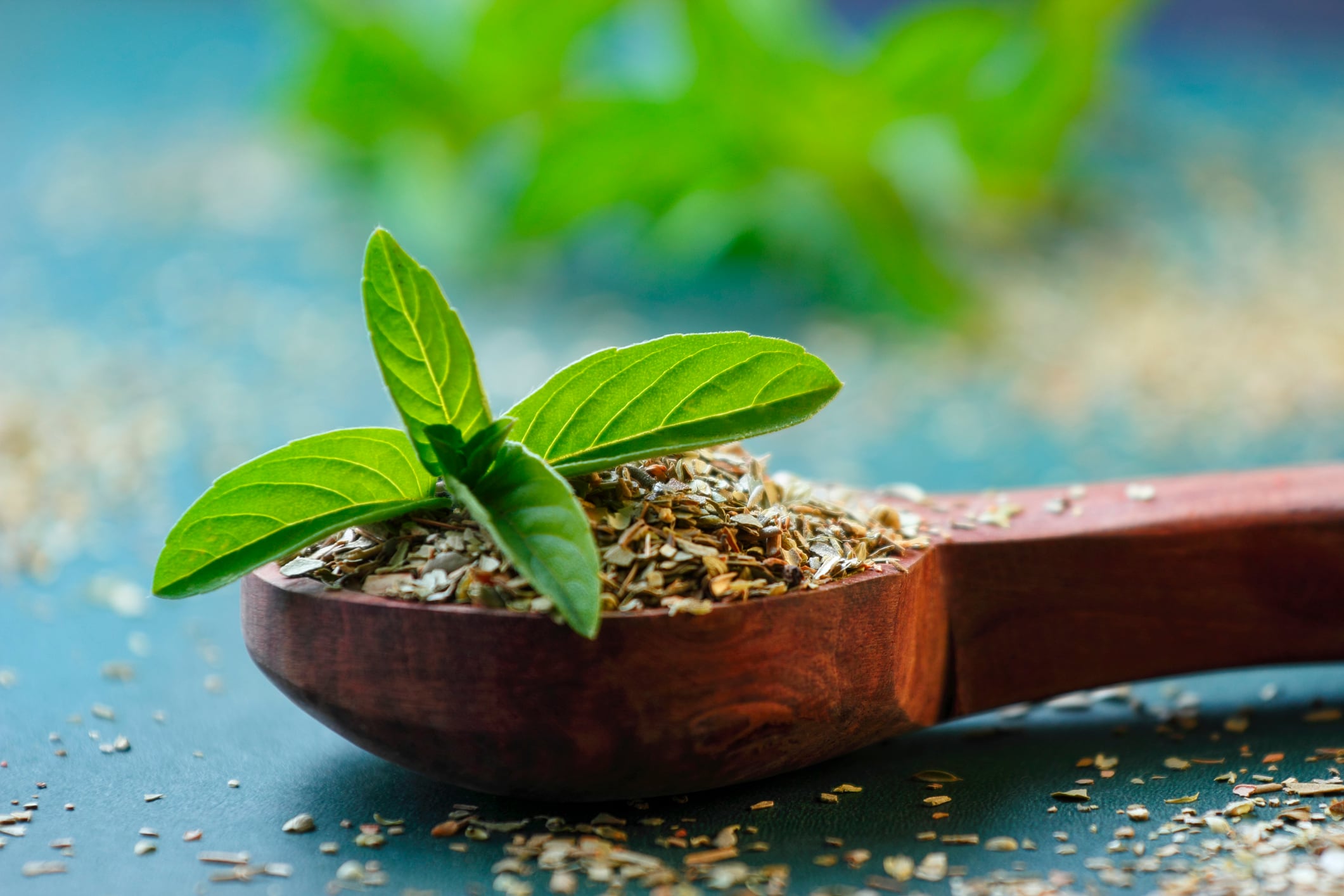Launched at the recent Vitafoods in Barcelona, the Ashwa.30-branded ingredient is efficacious at a low daily dose of 30 milligrams, according to the company.
“Today’s consumers face constant physical and mental stress, and we saw an opportunity to develop a smarter, more targeted solution,” said Suresh Lakshmikanthan, PhD, chief business officer of Natural Remedies. “Ashwa.30 brings together decades of research on ashwagandha and pairs it with our proprietary extraction process to deliver tangible results at a much smaller dose.”
Ashwa.30 was developed using the company’s proprietary Bioactive Optimization Technology (B.O.T), designed to isolate the most effective parts of the plant and resulting in an ingredient that “works quickly and efficiently to help the body adapt to stress, while also supporting energy and endurance”, stated Natural Remedies in a press release.
The United States is the primary launch market for Ashwa.30 because of the market size and strategic importance.
“The U.S. is the leading market, expected to hit approximately US$ 268.1 million by 2030,” a company spokesperson told NutraIngredients, adding that the global market for ashwagandha extract is projected to reach $1.48 billion by 2030, growing at a CAGR of 8.2% from its current size of $820 million.
A long history of safe use
Ashwagandha (Withania somnifera) has a history of use in ayurvedic medicine that dates back as much as 4,000 years to the teaching of renowned scholar Punarvasu Atreya and in subsequent works that make up the ayurvedic tradition, according to a monograph from the American Herbal Pharmacopoeia (AHP). The name of the herb derives from Sanskrit, and means “smells like a horse”, in reference to the strong smell of the root which is said to be redolent of horse sweat or urine.
Natural Remedies’ Ashwa.30 only uses the root of the plant, and it has been studied in preclinical and clinical trials, according to the company. While the data from the human clinical trials is yet to be published in a peer-review journal, data presented in Barcelona indicated that Ashwa.30 was associated with a 40% reduction in salivary cortisol—a common stress marker—after seven days of supplementation.
Data also showed an eightfold improvement in endurance, measured by VO2 max, a standard test for aerobic performance, the company shared.
The Natural Remedies spokesperson confirmed that the clinical studies are expected to be published before the end of 2025.
“Ashwa.30 is easy for formulators to use and delivers strong benefits that are backed by science,” Lakshmikanthan said. “It’s an ideal ingredient for anyone looking to support both mental and physical resilience in today’s high-stress environment.”
Sourcing
Ashwa.30 is 100% Fair Trade certified under ECOCERT’s Fair for Life program, the company said. It sources directly from farmers through guaranteed buy-back programs, supporting the cultivation of ashwagandha using sustainable practices.
Natural Remedies also stated that it is expanding this network to meet rising demand, while continuing to support farming communities with fair pricing and long-term partnerships.





